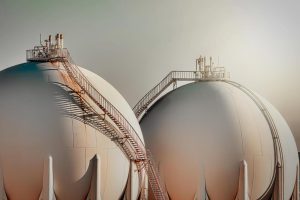Following the suspension of the Nigerian Gas Flare CommercialisationProgramme (the “Programme”) in Q4 of 2017, by the Federal Government of Nigeria due to the lack of sufficient regulations to guide the Programme amongst other reasons, the President of the Federal Republic of Nigeria, who doubles as the Minister of Petroleum Resources recently, on 5 July 2018 made the Flare Gas (Prevention of Waste and Pollution) Regulations, 2018 (the “Regulations”). The Regulations seek the reduction of environmental/social impact caused by the flaring of gas, protection of the environment, prevention of waste of natural resources and creation of social and economic benefits from flare gas capture.
In this briefing note, we have highlighted salient provisions of the Regulations vis-à-vis practical commercial issues with regards to the implementation of the Programme.



